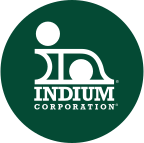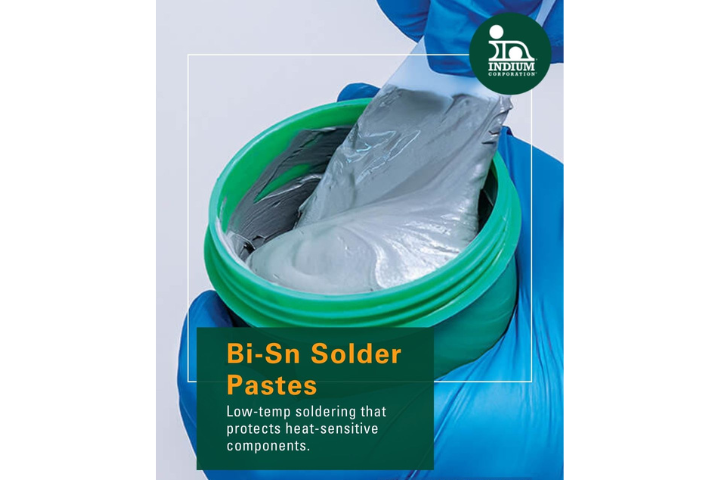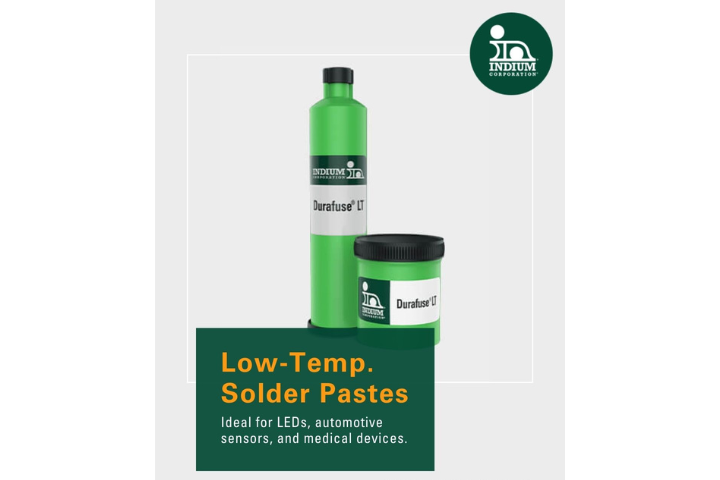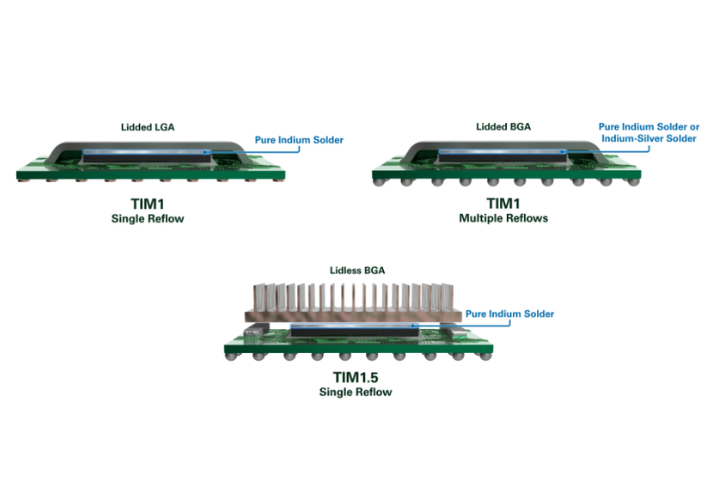Haibing writes:
Question 1: My questions are centered around RoHS judgments. That is,
how I can judge whether a contract manufacturer is RoHS compliant or not?
Does a manufacturer need to have a certificate, like a UL certificate.
Answer 1: Since only the "producer" (the company that puts the product on the market) has to assure RoHS compliance there is no certification (at this point) for manufacturers. Even the producer does not need any certification paperwork to put products on the EU market. By the act of putting the products on the market, the producer declares them to be RoHS compliant. I do, however, expect the EU countries to quickly want "RoHS Compliancy Declaration" paper work to accompany the products. But at this point in time there is no such requirement.
Q2: RoHS compliance is not just Pb-free, for parts that do not
need to pass soldering processes, how can I judge whether they are
RoHS compliant?
A2: Your component vendor should give you some form that declares that the components are RoHS compliant. If you are working with a mainstream component supplier like TI, Amkor, or Motorola I would be quite comfortable that their components would be OK. However, this is not the time to be buying on the "grey" market. There will be tens of billions of dollars worth of non RoHS compliant components that people will want to sell.
Verifying RoHS compliance of a component requires a sophisticated laboratory with SEMs, UV-Vis Spectrophotometers, etc. to perform a "due diligence" RoHS verification. However, picking out a counterfeit may be easy. I unit like the Niton X-ray Fluorescence Analyzer , shown in the photo, could pick out a component with lead in its leads in seconds.
Q3: For SMT assembly processes, is SAC305 globally used?
A3: SAC305 (tin with 3.0% silver and 0.5% copper) appears to be universally accepted as an optimized alloy for tombstoning, voiding, silver plate, etc.
Q4: How can I know if all the components will withstand the higher soldering temperatures?
A4: Only your component vendor can help you here. The good news is that the best of breed lead-free solder pastes like Indium's 5.1 have been successfully reflowed at temperatures as low as 235 +/-5 C in air, with outstanding results.
Q5: If a manufacturer uses IPC 610D soldering standards, can we say they are
RoHS compliant?
A5: The use of IPC 610D is encouraging, because it shows that the manufacturer is "with it" from a lead-free inspection standpoint. This in no way assures RoHS compliance…..what if they were assembling with non RoHS compliant components?
Q6: Any special requirements for assembly equipment?
A6: Most modern reflow ovens can handle the high temperatures. However, for wave soldering, you will probably need a new unit. Work with your equipment suppliers like Speedline.
Some people think that placement tolerances are a little tighter, so you might want to discuss this with your placement vendor.
In summary, this is an important time to work with your component, materials, PWB and equipment suppliers. They can help you a great deal.
Cheers,
Dr. Ron



